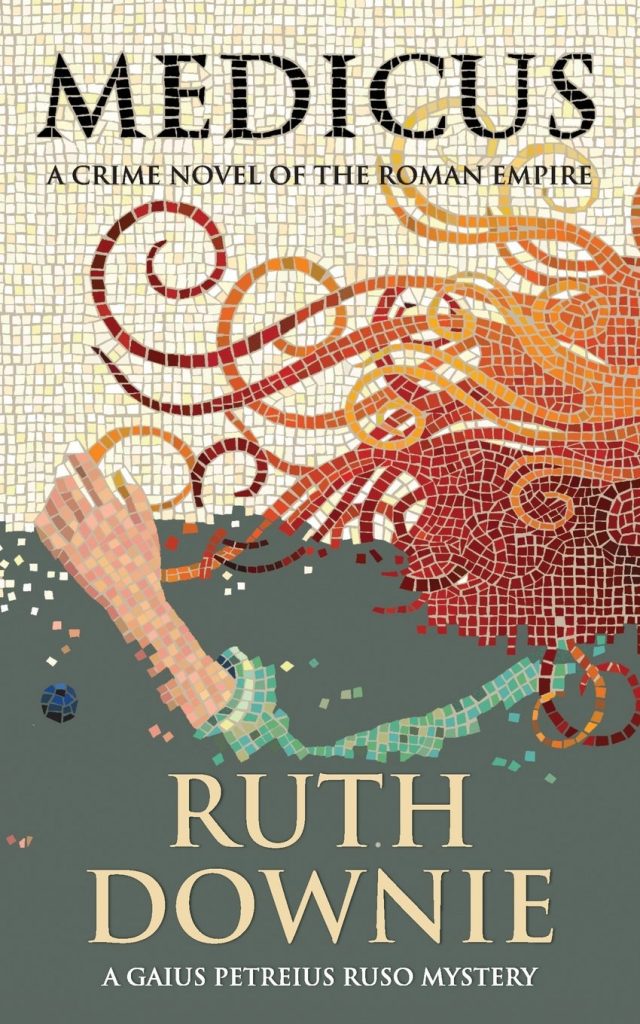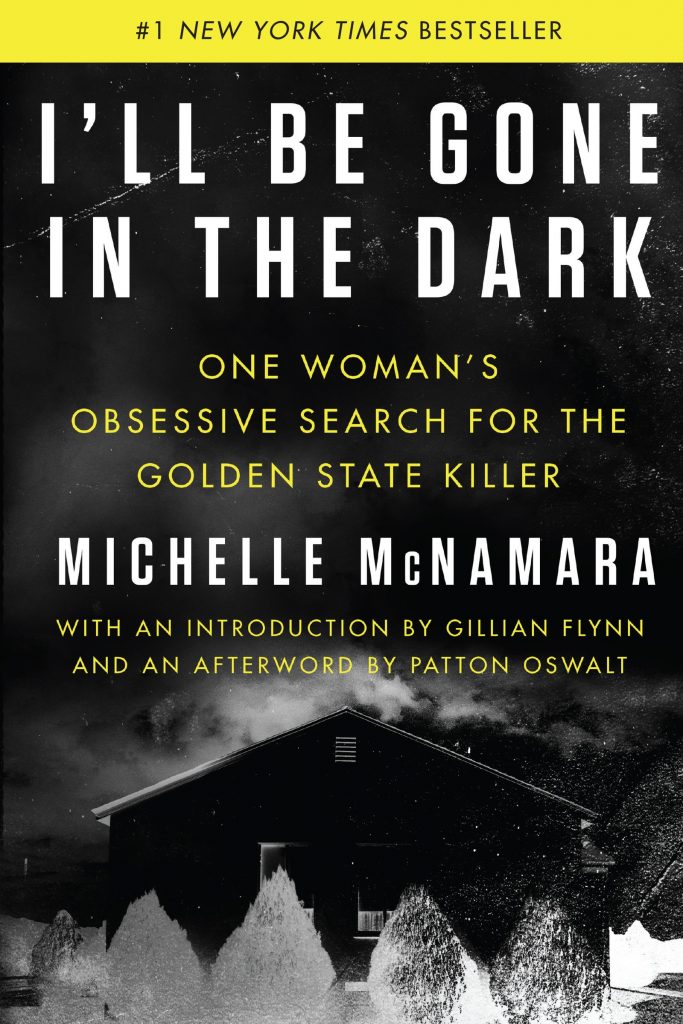
Gaius Petreius Ruso is a Roman physician working for Rome’s army in a remote outpost of the empire: dreary, rainy, savage countryside north of London (Londonium). Soldiers arrive in his clinic after fistfights with barmaids, staggering hangovers, heart attacks, food poisoning, being kicked by horses, and cataracts. His roommate, another doctor, is a slob, and mostly interested in self-promotion. The hours are long and the food is, well, British, not Roman. No olives, no lemons, nothing worth salivating over.
Across the street from the Roman fort is a brothel (legal in the Roman empire) with enslaved prostitutes (also legal.) One of the prostitutes, actually, maybe two, have disappeared without explanation, and in a fit of blinded humanity Ruso purchases a young, attractive female slave in the street. Then, as if dealing the mystery of missing people, one of whom has washed up in the local river and was brought in for examination, Ruso finds himself with a rather independent slave, a busy waiting room, and a long wait until payday. Then the fort’s chief administrator arrives on site and presents himself as a bureaucrat of such maddening preciseness that a modern day IRS employee would look like Mother Teresa in comparison. Ruso has a lot to sort out.








